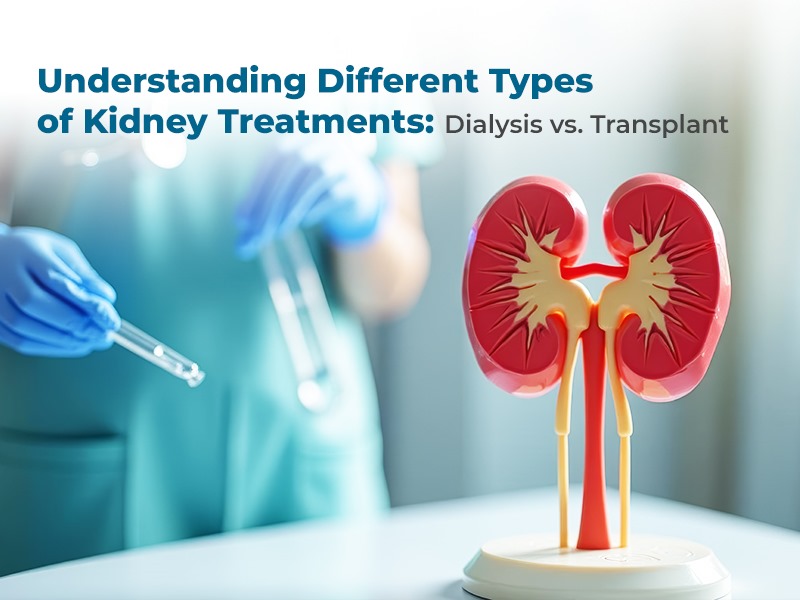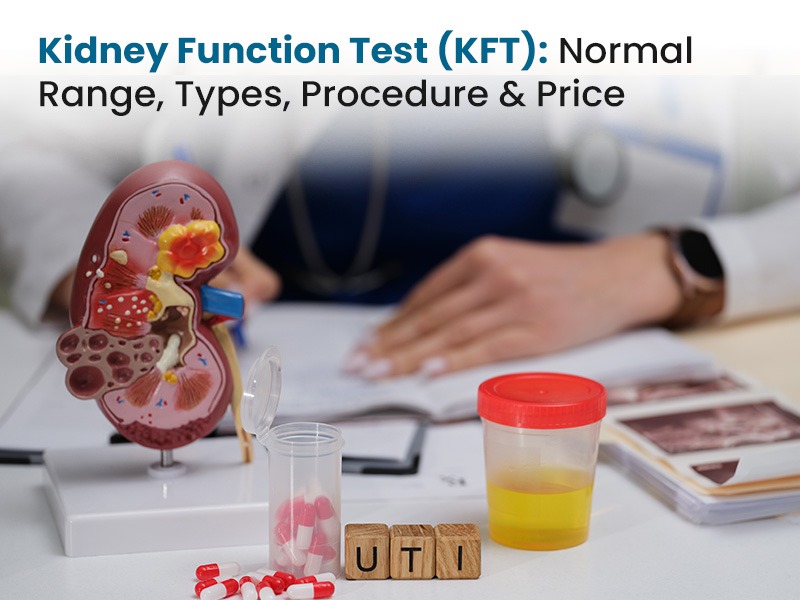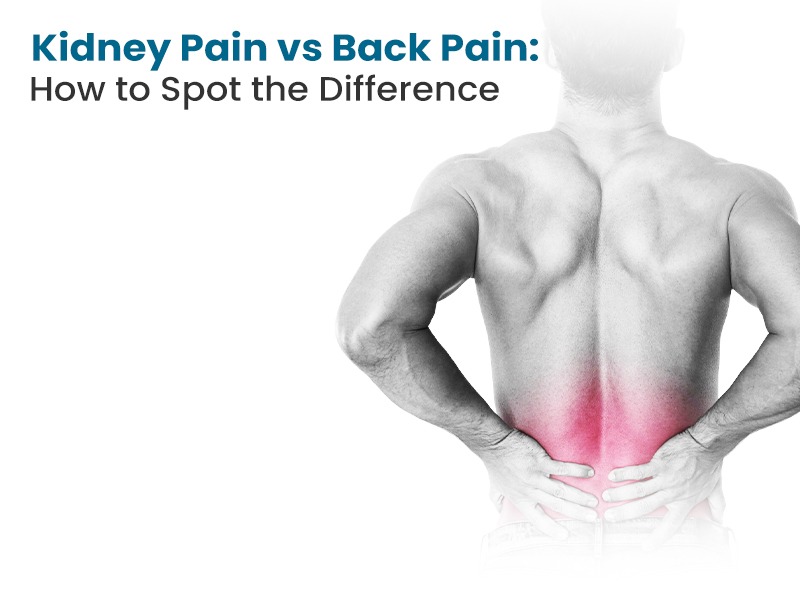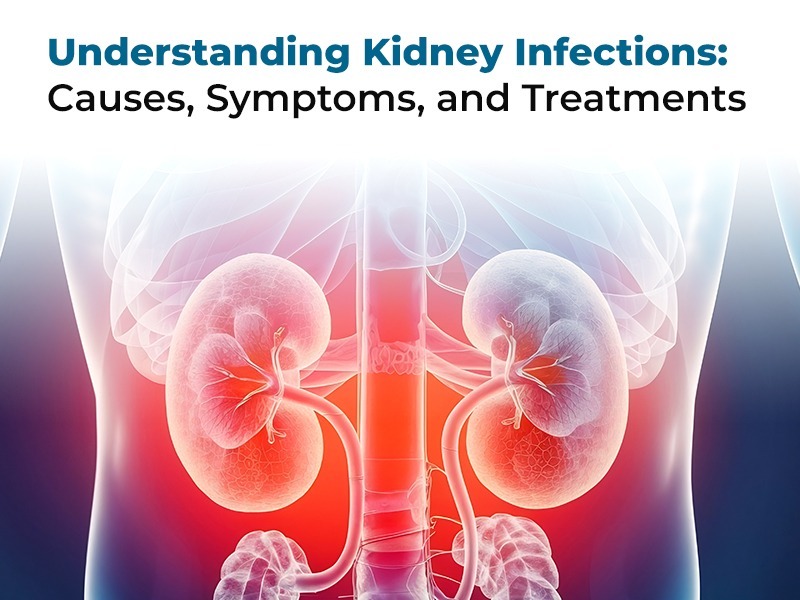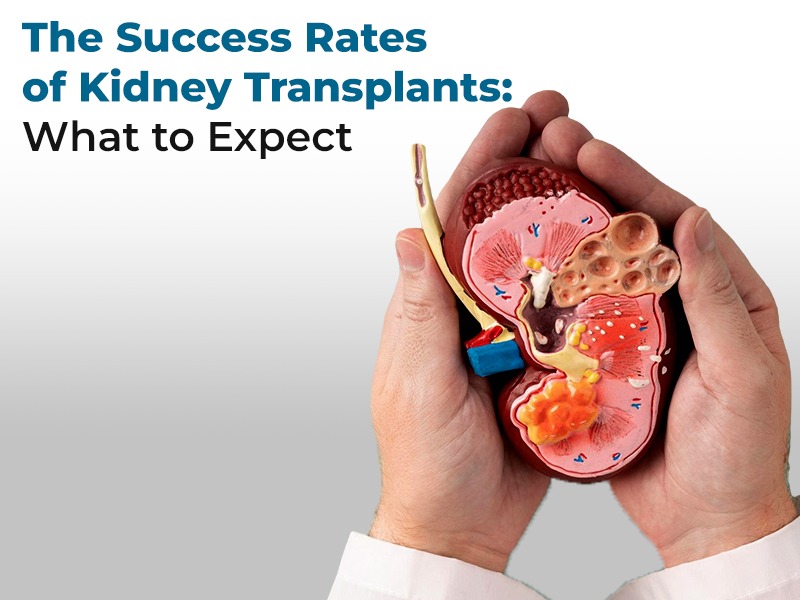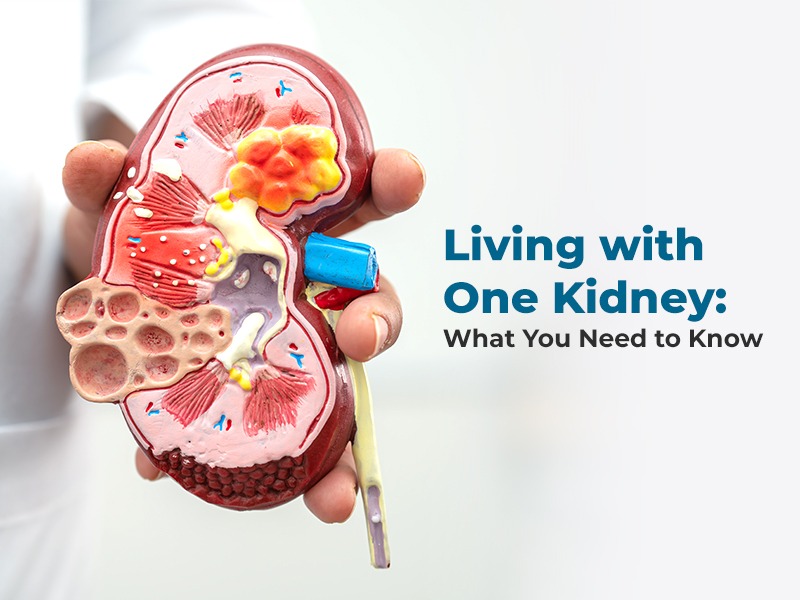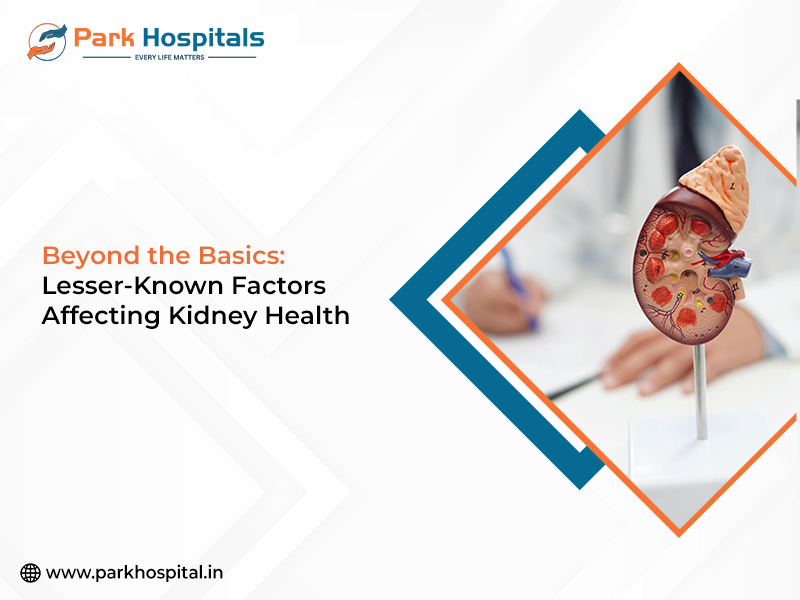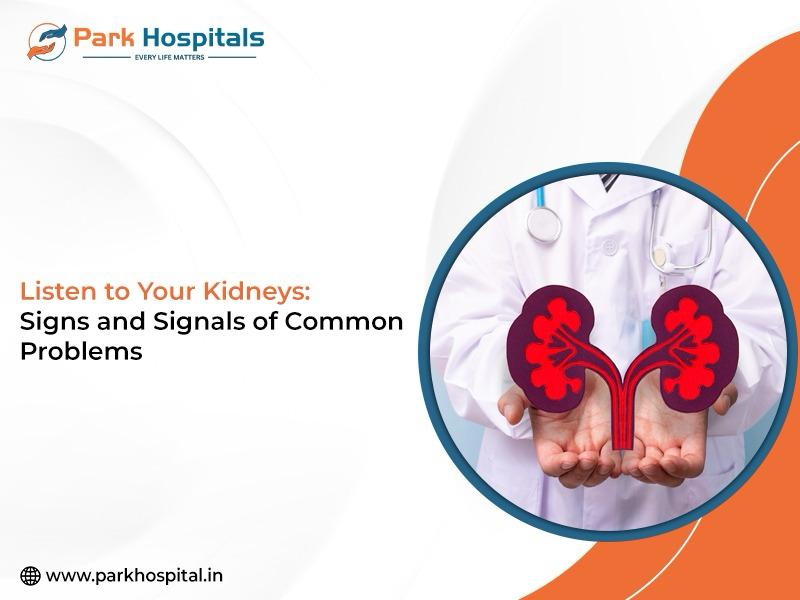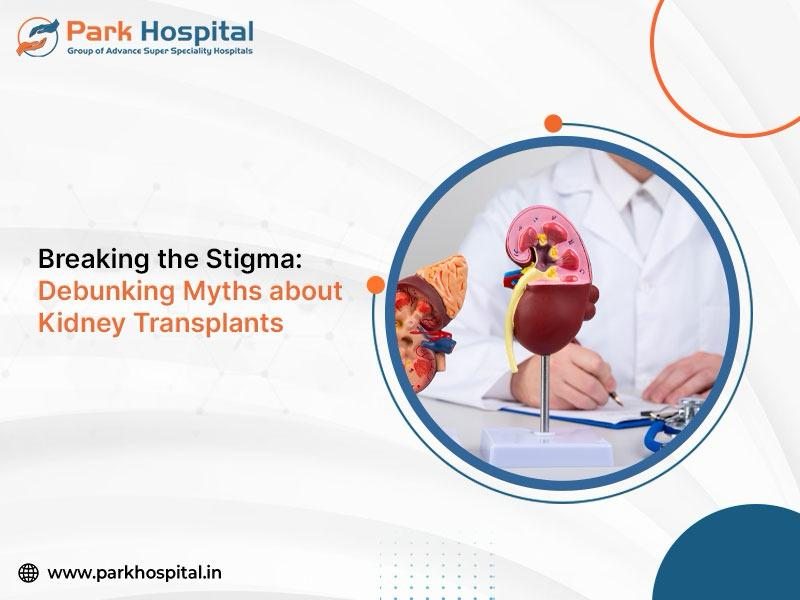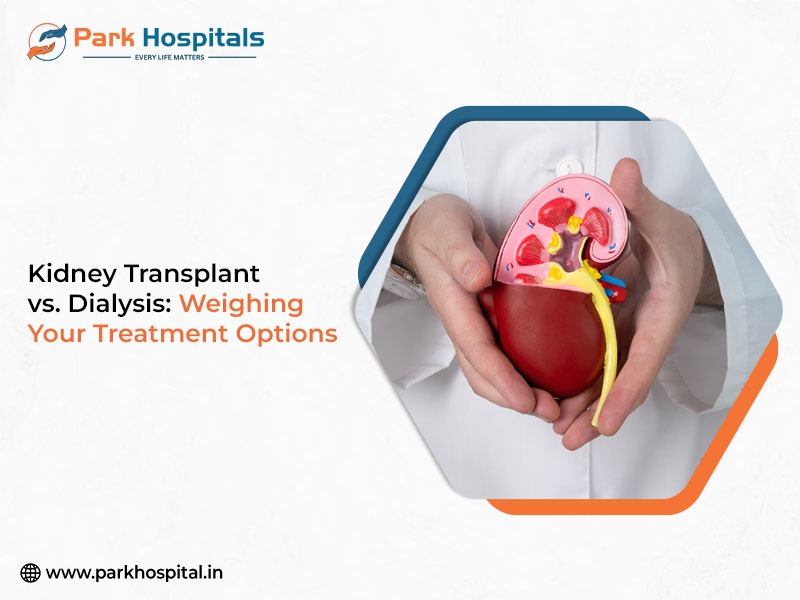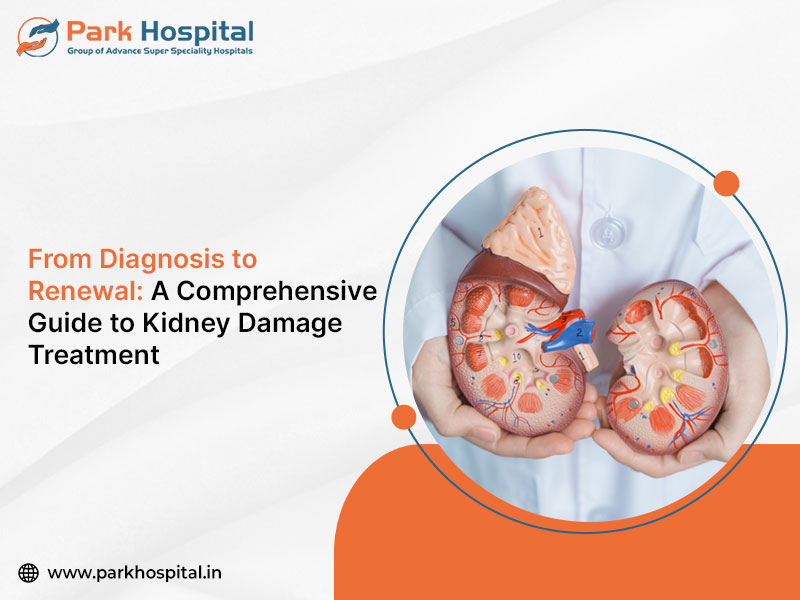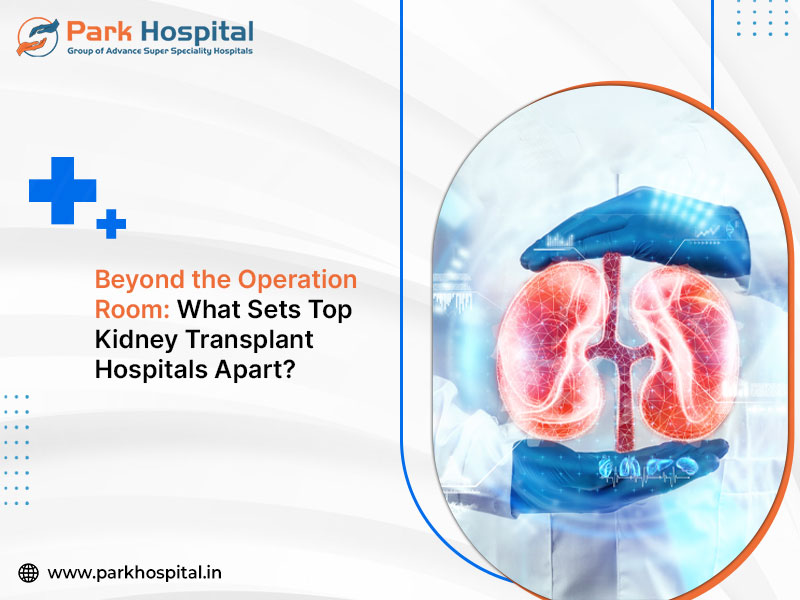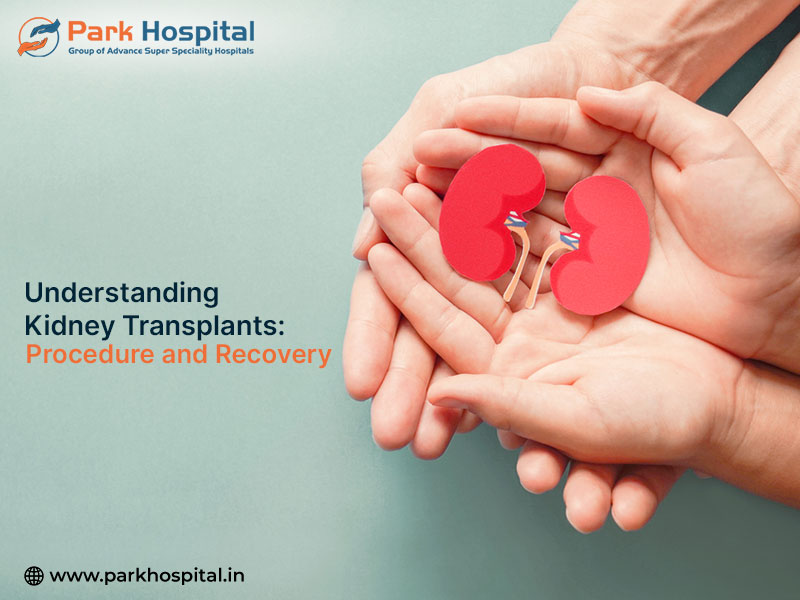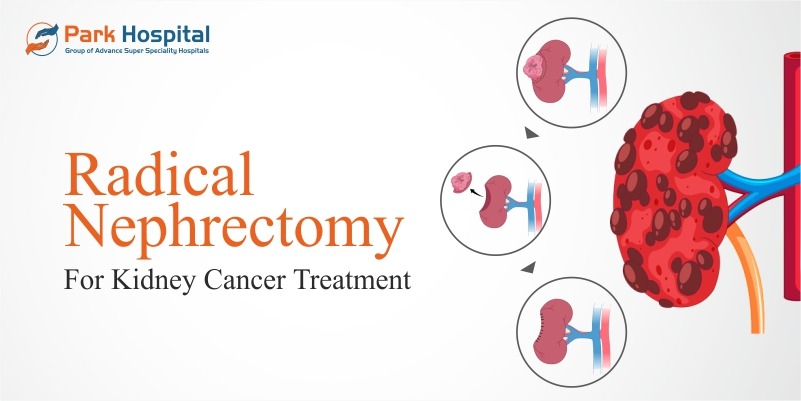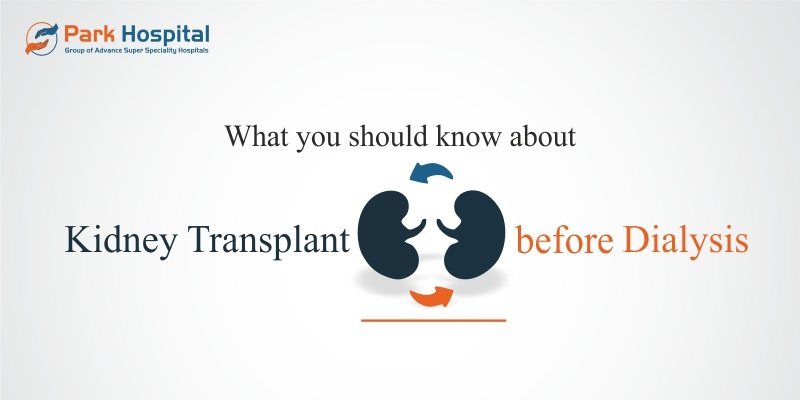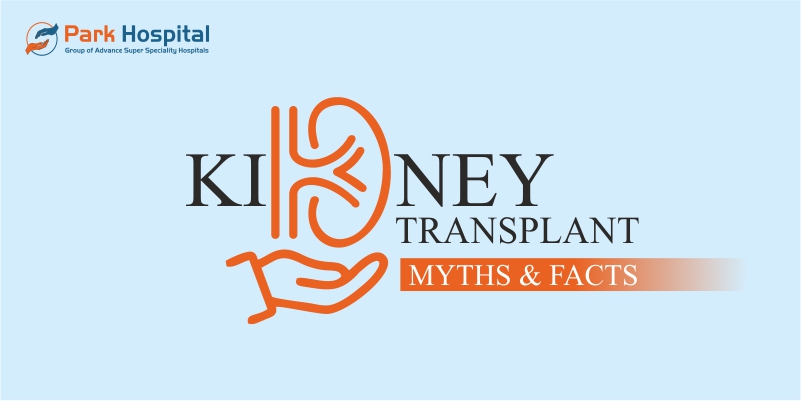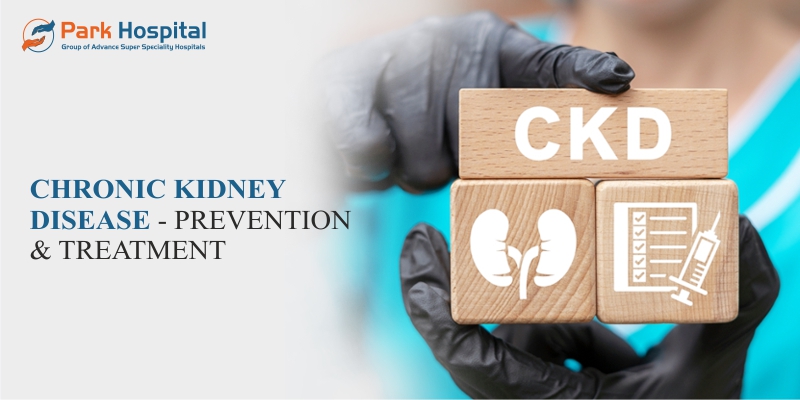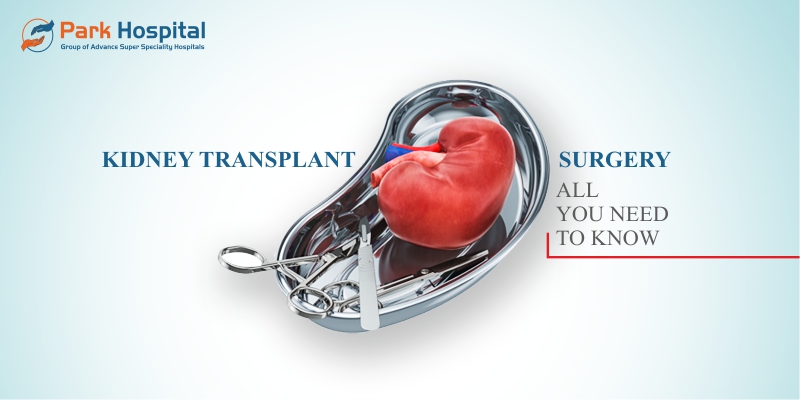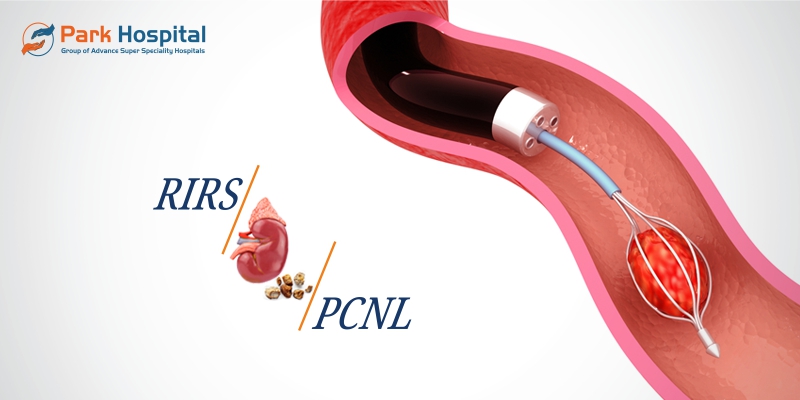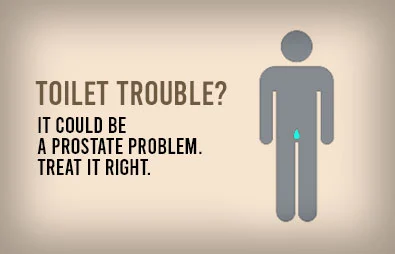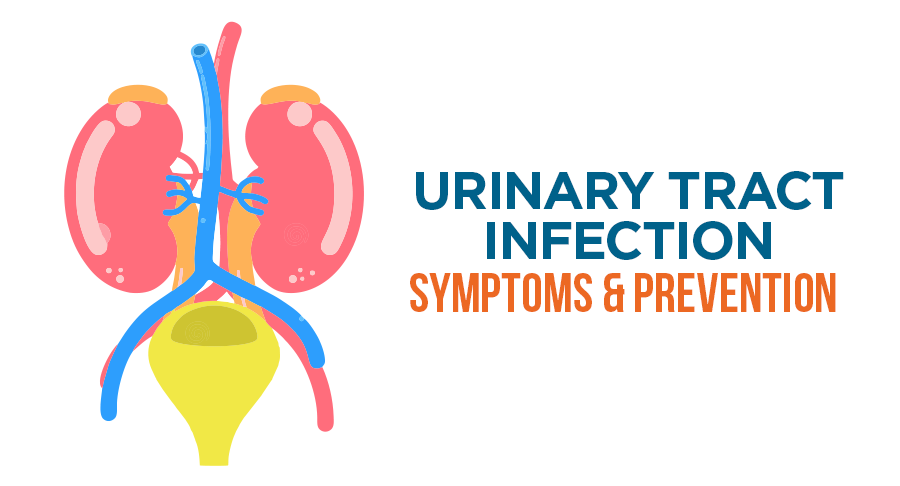Our kidneys are responsible for filtering the blood, along with the production of red blood cells and altogether regulating the fluid balance in our body. Globally, millions are affected by kidney failures annually, resulting in non-performance of vital functions. In such a scenario, a patient has two options: dialysis or a kidney transplant. Both these methods aim to replace or help kidney function but differ entirely in their approach, benefits, and challenges. Whichever you opt for, consult with a professional at a kidney transplant hospital in India like the Park Hospital.
Let’s understand the meaning of Dialysis and Transplant to help you make an informative decision.
What is a Kidney Transplant?
It is a complete surgical procedure that involves the implantation of a healthy kidney from the donor’s body, be it a deceased friend or relative, into the patient’s body. Different from dialysis, a kidney transplant aims to restore full kidney function, working for a more permanent solution to kidney failure.
● Deceased Donor Transplant: This is the most common type, where a kidney from a recently deceased individual is transplanted. There may be a waiting period, as the availability of deceased donor kidneys is limited.
● Living Donor Transplant: A living person donates one of their kidneys. This can be advantageous as the surgery can be scheduled without much waiting, and the success rate is generally higher due to the careful matching of donor and recipient.
A successful transplant can free kidney failure patients from the constraints of the dialysis routine, but it also comes with lifelong medication to prevent the body from rejecting the new kidney and regular follow-ups with the healthcare team at a hospital for kidney transplant.
What is Dialysis?
Dialysis is a medical process which performs some functions of the kidneys when they no longer work at their best. It involves filtering waste, toxins, and excess fluids from the blood, which are the main tasks of the kidney. There are two main types of dialysis:
● Hemodialysis: In this procedure, a machine called a dialyzer is used to filter the blood outside the body. The blood is drawn from the patient’s body, passed through a machine where it is cleaned, and then returned. This is usually done in a clinic three times a week for several hours per session.
● Peritoneal Dialysis: This involves using the lining of the abdomen (peritoneum) to filter the blood inside the body. A special fluid is introduced into the abdominal cavity through a tube, where it absorbs waste products. The liquid is then drained and replaced with fresh fluid.
Dialysis is undoubtedly a great option, but it comes with its own set of limitations, including dietary restrictions, time constraints, and potential complications like infections.
The difference
Both the available options, Dialysis and Kidney Transplant, have their own pros and cons. But, careful scrutiny of both with a professional from a kidney transplant hospital in India can help identify the one that is more beneficial to you as per your preferences, health conditions, budget, and other factors.
● Effectiveness: Generally, a kidney transplant allows a better quality of life and longer life expectancy when compared to dialysis. The significant difference between the two as far as efficiency is concerned is that the transplanted kidneys can function similarly to natural kidneys, while dialysis is only a partial replacement for kidney function.
● Lifestyle Impact: Dialysis requires regular sessions, which can be time-consuming and may affect daily life. Whereas kidney transplants offer more freedom after recovery, it comes with its own responsibility of managing immunosuppressive therapy.
● Complications and Risks: Dialysis may cause complications like low blood pressure, infections, or vascular access issues. On the other hand, transplants carry surgical risks and the possibility of organ rejection or disease due to certain drugs.
● Cost Considerations: While both treatments are expensive, dialysis has continuous costs for each session, whereas a transplant has higher initial costs but lower long-term expenses, provided it is successful.
Make an informed Decision
We understand that it would be confusing and challenging to make a choice between the two options. The best step to take here is to consult, as the decision depends on various factors, including the patient’s overall health, age, availability of a suitable donor, and personal preferences. For some, dialysis may be the only viable option due to medical conditions or lack of a donor. While others may opt for a transplant to achieve a better quality of life and long-term outcomes.
If you are confused about a hospital for kidney transplant, then look no further. Park Hospital is focused on protecting and building your quality of life with its experienced team of consultants. They strive to provide complete care after understanding your medical condition and requirements.

